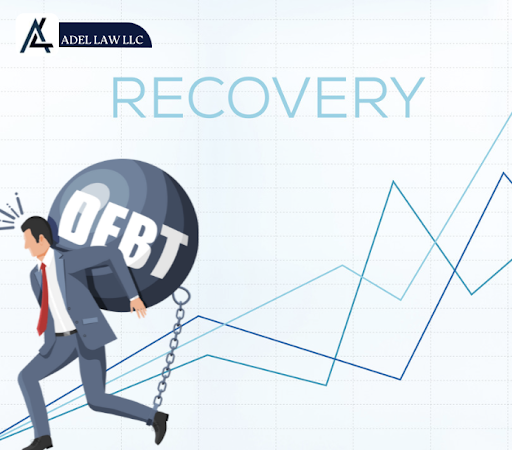When someone owes you money, it’s tempting to go straight to legal action. But in many cases, an amicable debt recovery process can be faster, cheaper, and less stressful for both parties. In Singapore, businesses and individuals are encouraged to resolve their disputes amicably before turning to the courts. So, how can you successfully recover debt without going through a lengthy legal process?
Why Amicable Settlements Matter
The debt recovery process doesn’t always have to involve lawsuits or courtrooms. In fact, the majority of debt recovery cases are resolved before reaching that point. The key to amicable settlement is communication. By engaging in open discussions and being willing to negotiate, both the creditor and debtor can often find a solution that works for everyone.
For businesses, maintaining positive relationships with clients or customers is crucial. Using amicable debt recovery allows you to resolve the issue without causing long-term damage to those relationships. This method also helps to avoid the expenses associated with legal action, such as court fees and lawyer representation.
Steps to Amicable Debt Recovery
- Send a Gentle Reminder: Sometimes, a debt goes unpaid because the debtor genuinely forgot about it. A simple reminder via email or phone call can often solve the problem without any further escalation.
- Draft a Formal Demand Letter: If the debt is still unpaid after the initial reminder, the next step is to send a Letter of Demand. This formal document outlines the debt, the deadline for payment, and the consequences of non-payment, giving the debtor one last chance to settle the issue before legal action is taken.
- Negotiate Payment Terms: If the debtor is struggling to pay the full amount in one go, consider negotiating a repayment plan. This could involve smaller, more manageable payments over a longer period. By showing flexibility, you increase the chances of getting paid without having to resort to legal action.
- Mediation Services: If communication has stalled, you might want to consider mediation. In Singapore, mediation services are available to help both parties reach a mutually beneficial agreement without going to court. A professional mediator will facilitate discussions and guide both parties towards a resolution.
When to Involve a Debt Recovery Lawyer
While amicable settlement is the ideal outcome, there are times when a more formal approach is needed. If the debtor refuses to engage or repeatedly misses payment deadlines, it may be time to consult a debt recovery lawyer. A lawyer can advise you on the best legal options and help ensure that your rights are protected throughout the process.
Avoiding Legal Costs
One of the main advantages of resolving debt disputes amicably is the ability to avoid costly legal fees. Going to court can be expensive and time-consuming, especially for smaller debts. By taking a more collaborative approach, you can recover what is owed to you without breaking the bank.At ADEL LAW LLC, we believe in finding the best possible solutions for our clients. Our team is experienced in both amicable and legal debt recovery, and we’re here to support you every step of the way. Whether you’re trying to recover a small sum or dealing with a larger financial dispute, our goal is to help you resolve it as smoothly and efficiently as possible.




